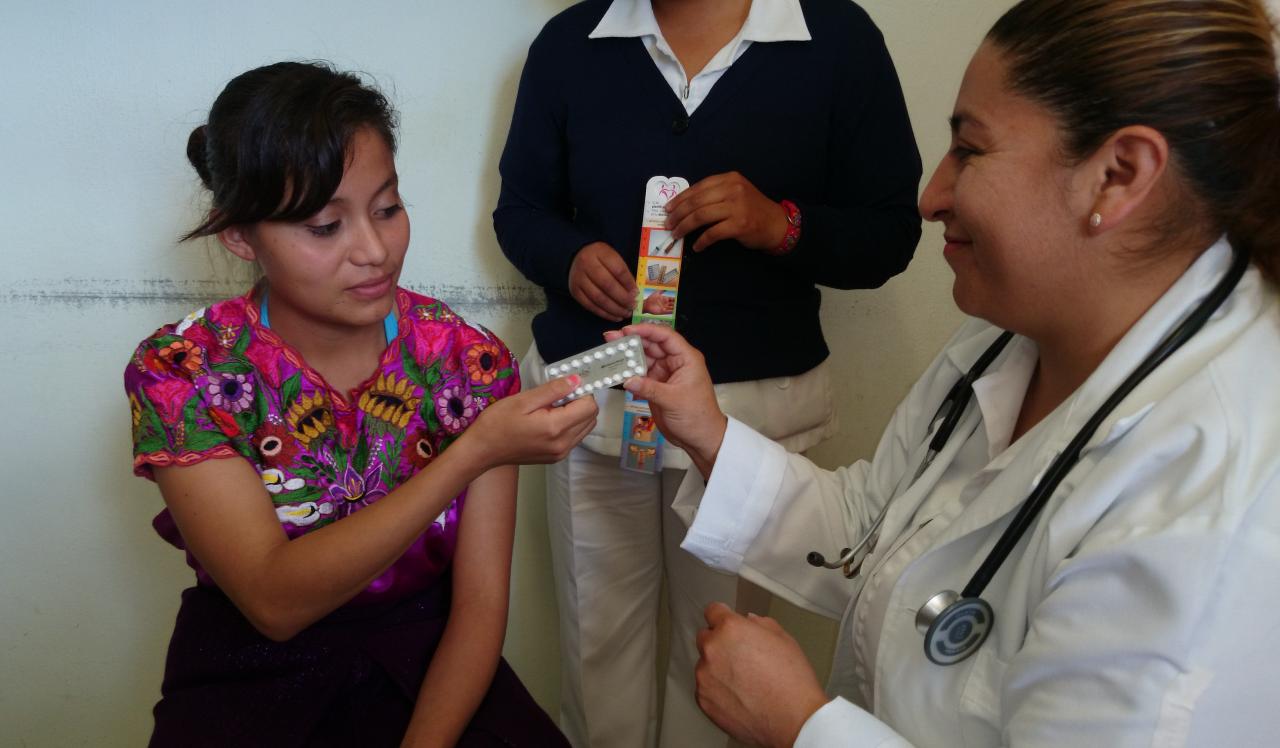Experience
In 2012, all Mesoamerican countries met the United Nations Millennium Development Goals (MDGs) on maternal and infant mortality and morbidity. However, the general figures for these countries concealed a deeper gap that prevented women and children in the poorest quintile from accessing quality health services. This alarming fact influenced, multilateral institutions, and private institutions from different backgrounds, to mobilize and form an alliance with a single common goal: to ensure that the poorest women and children in Mesoamerica have access to the quality health services that they need and deserve.
Reducing that gap in access to quality health services in a short time required an innovative way of thinking. If we wanted to achieve different results, it was necessary to design and implement a different kind of development aid operation. SMI is a breakthrough in development policies: it focuses on equity by targeting the poorest 20% of the population with evidence-based interventions to improve reproductive, maternal, neonatal, and child health and nutrition (RMNCAH-N). SMI resources include donor funding, IDB in-kind support, and country counterpart financing, the last of which has increased as a percentage of the total program budget throughout the life of the Initiative.
SMI uses a national level results-based financing model whereby countries and donors each finance 50% of each operation. If countries achieve the agreed upon targets, they are awarded a performance tranche equal to 25% of the total operation budget. While many RBF programs pay for individual indicators, SMI requires countries to meet at least 80% of the indicator targets to receive the entire performance tranche. The Institute for Health Metrics and Evaluation (IHME) provides external data collection and independent verification of performance targets for each program operation.
SMI´s health systems improvement efforts include design-focused interventions as well as policy, planning, and financing. Additionally, technical service delivery interventions were employed to improve RMNCAH-N outcomes and performance management interventions to create a sustainable culture of improvement. The IDB provides technical assistance to support countries on how to achieve performance targets, which focuses on not just “doing” but instead on “coaching” planners and managers to develop evidence-based change management processes. The following pages include the technical assistance areas:
Monitoring and Evaluation
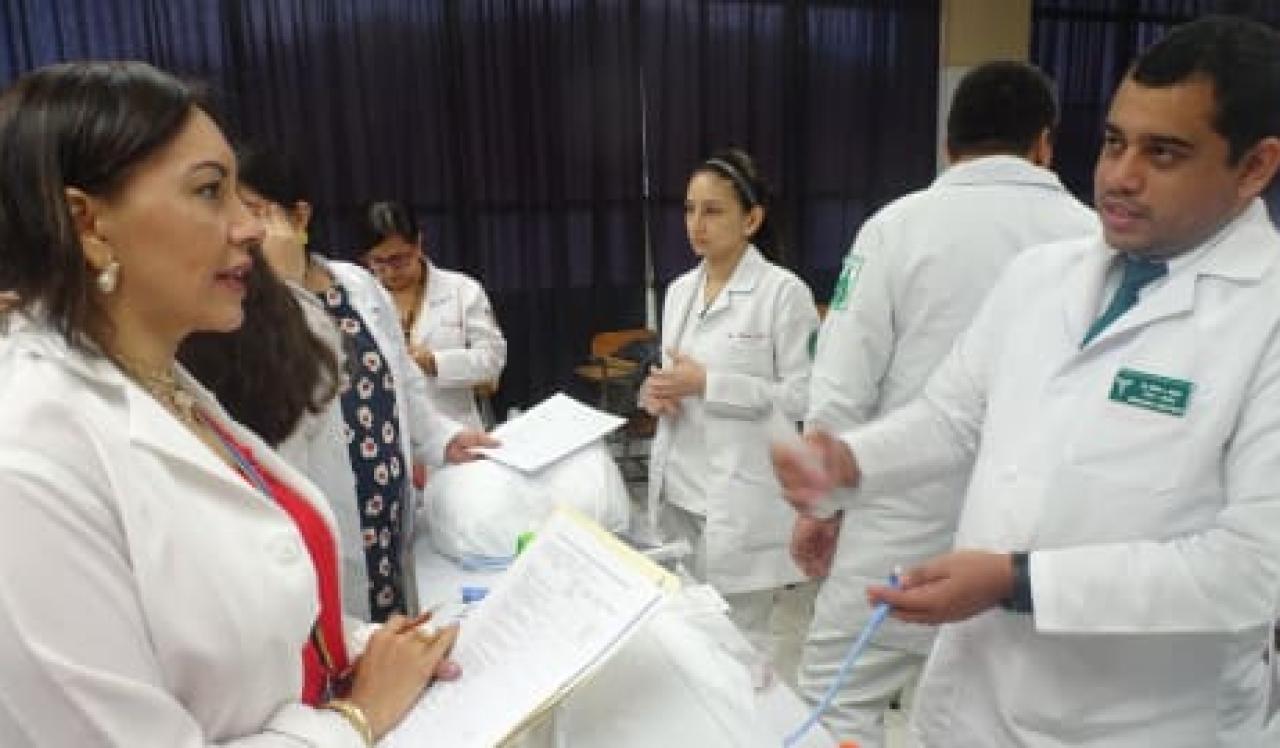
Performance and Quality

Innovations

Maternal and newborn health
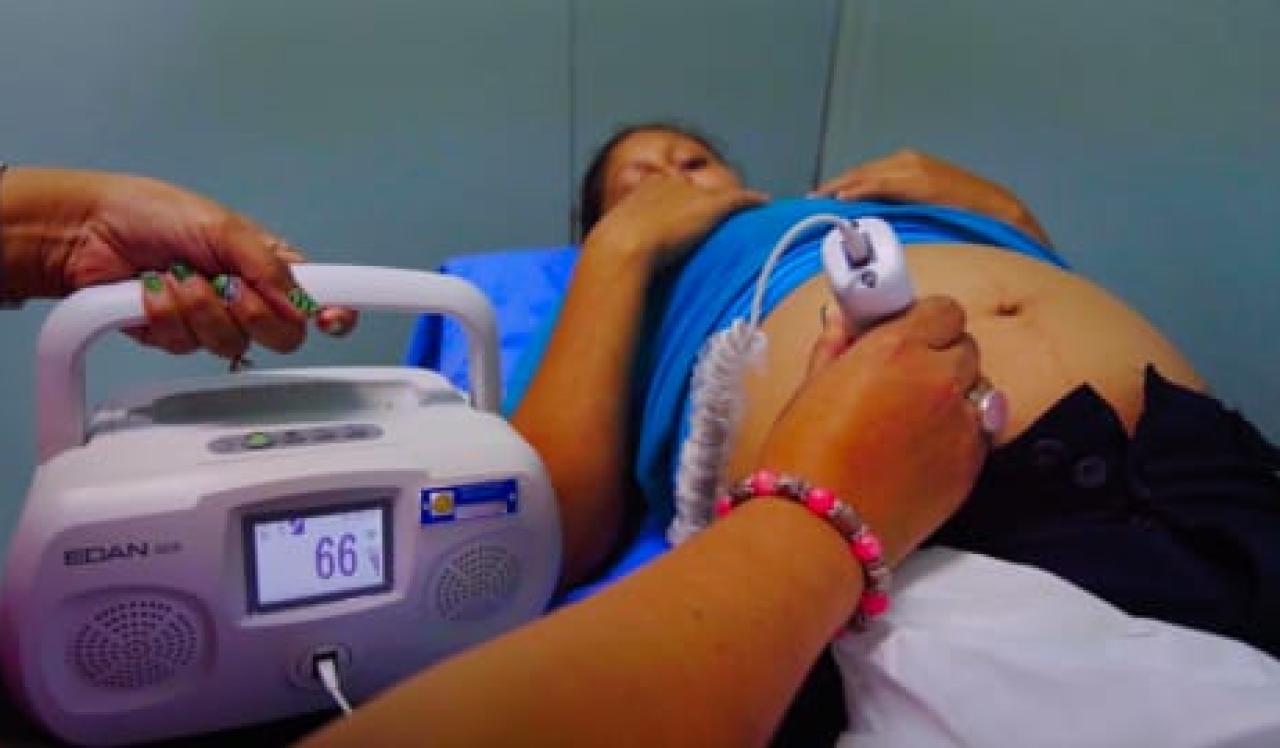
Digital Health
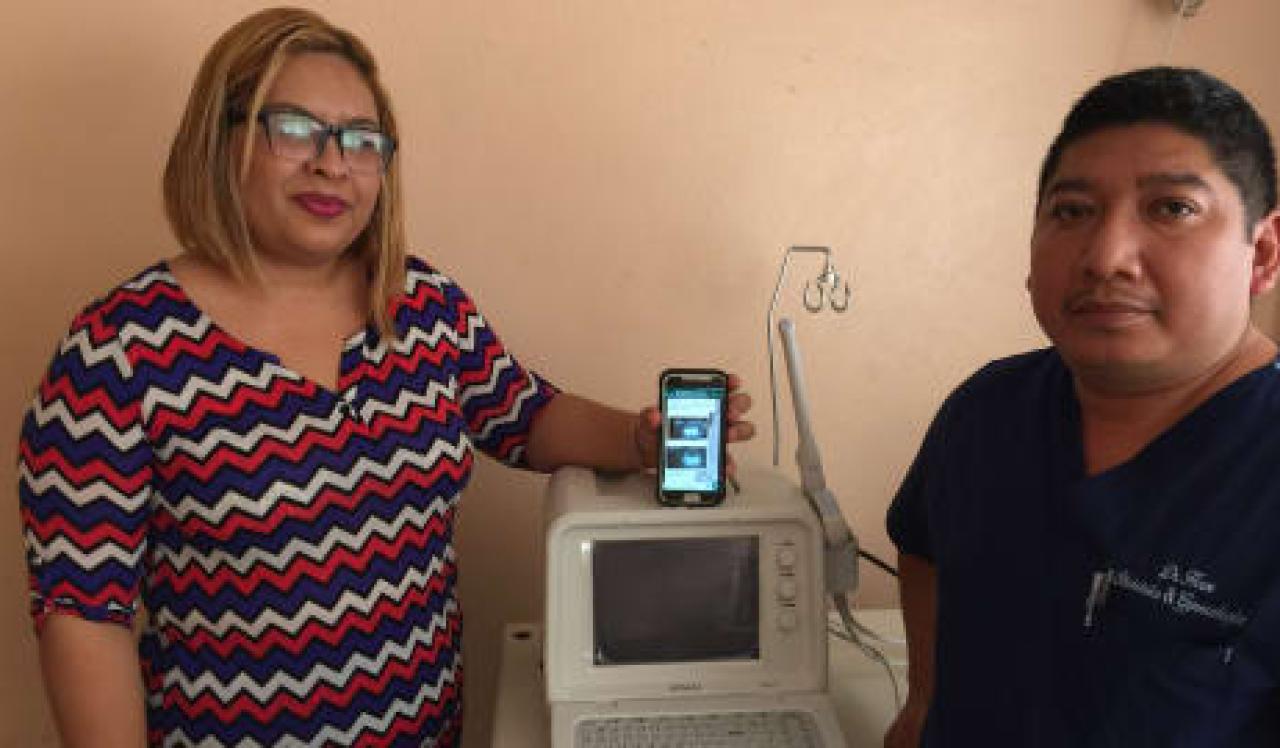
Child Health
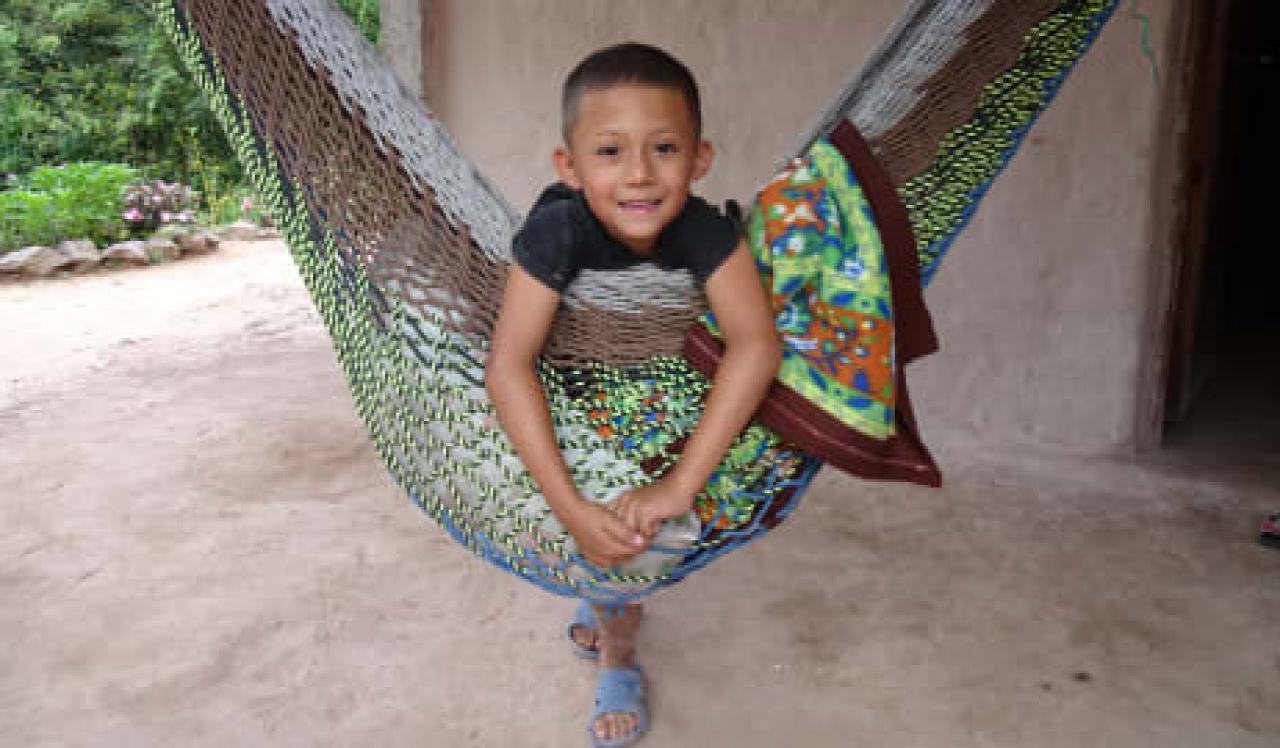
Adolescent health
